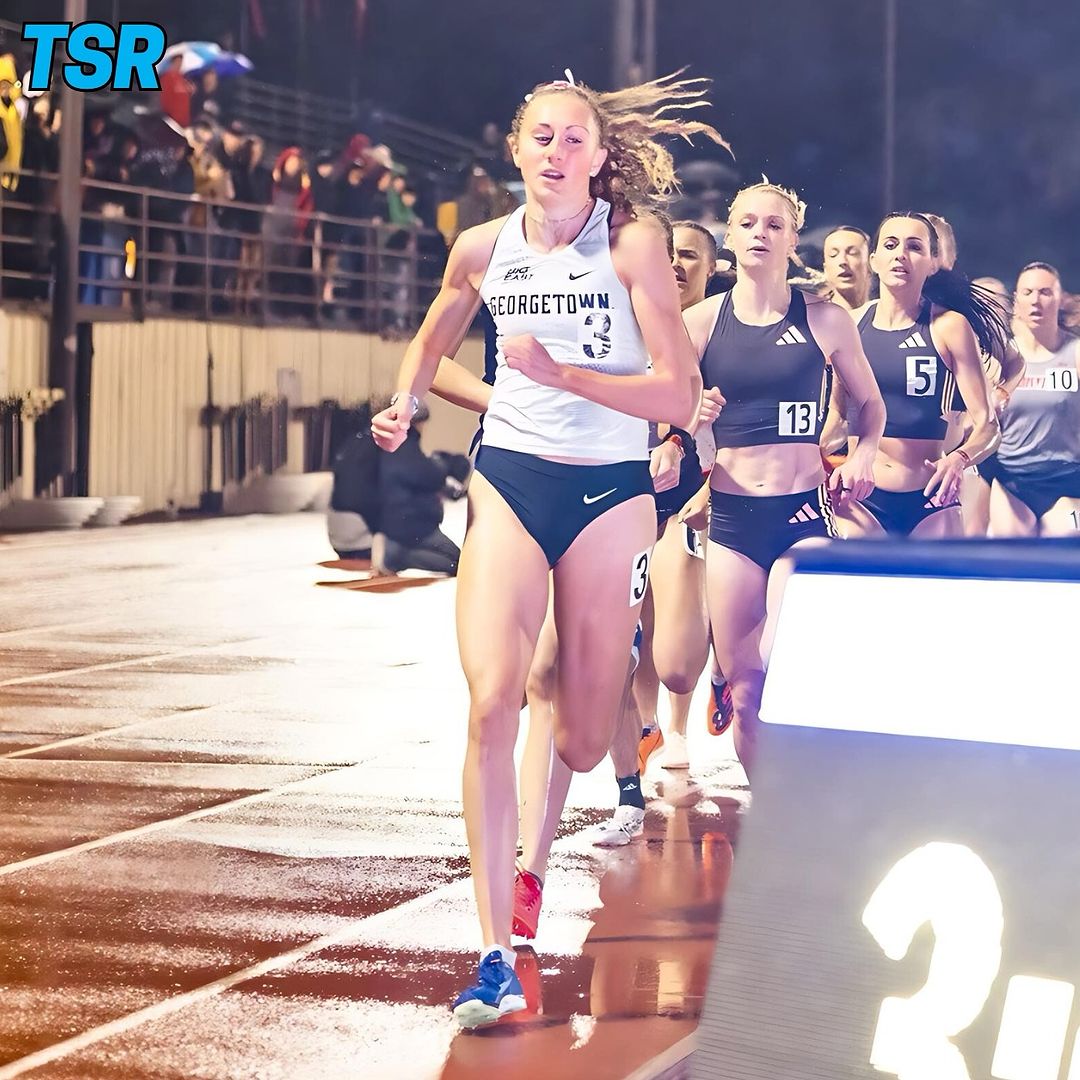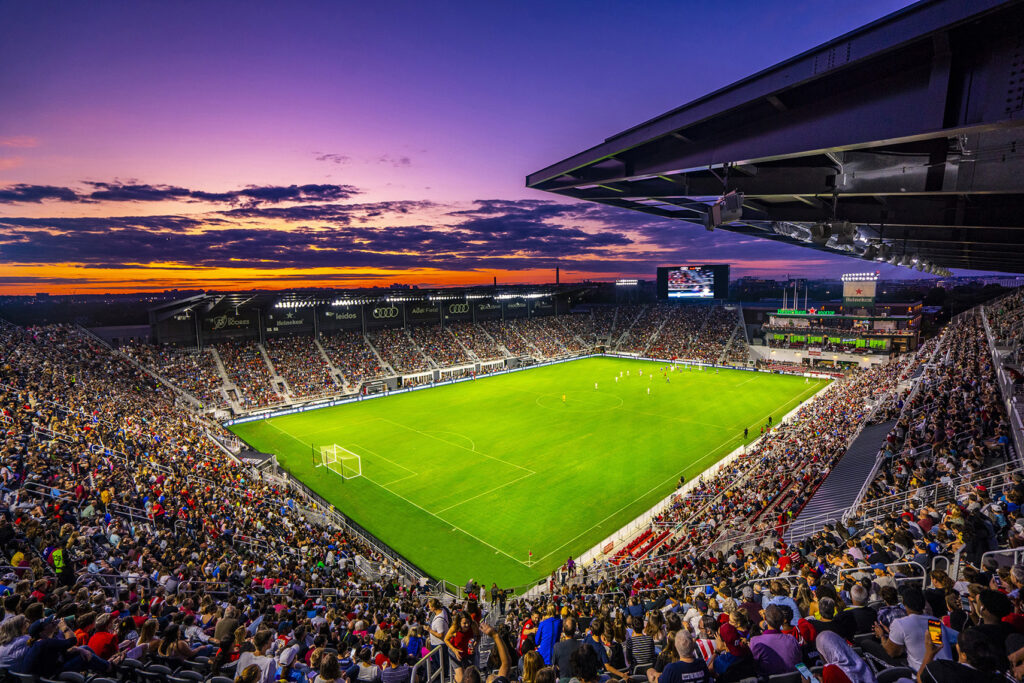For all the talk on campus and around the country about racial tolerance, diversity and acceptance, Washington, D.C.’s most famous team continues to represent the progress still needed on racial issues in America today. The Washington Redskins have been a fixture in the D.C. sports scene for over 80 years, and even though the team has languished at the bottom of the rankings for much of the last decade, the city has remained committed to the Redskins. Their season-ticket waitlist, with a reported 150,000 people on it, is close to 25 years long, reflecting the strong connection between the District and its football team. But for all the love D.C. has for the Redskins, the team has a troubled and controversial history.
George Preston Marshall, the owner and president of the Redskins from 1932 until his death in 1969, was adamant that his team not integrate black players – in fact, the Redskins were the last team in the NFL to integrate black players on its roster. Marshall was once quoted as saying, “We’ll start signing Negroes when the Harlem Globetrotters start signing whites.” After his death, Marshall left $6 million to serve the interests of under-privileged D.C. youth with the one condition that none of it could be used “for any purpose which supports or employs the principle of racial integration.”
Today, the Redskins again are at a crossroads that involves racism. The Redskins name has been scrutinized by many in the Native American community as racist and derogatory, and many Native American leaders are requesting that the name be changed. The term “redskin,” for many Native Americans, is the equivalent of the n-word for blacks and the w-word for Latinos, but in true Redskins tradition, current owner Dan Snyder explained to USA Today that “[he’ll] never change the name. … It’s that simple. Never — you can use caps.” Snyder’s comments reflect not only an unwillingness to change the name of the Redskins but also a more serious failing in not even acknowledging the sympathies of the Native American community in this matter.
To make things worse, Roger Goodell, the commissioner of the NFL, sent a letter to the Native American Caucus expressing his desire to see the Redskins keep their name. Goodell described the Redskins name as “a unifying force that stands for strength, courage, pride and respect.” Goodell’s comments also reflect an attitude of insensitivity and ambivalence towards the racial insensitivity of the Redskins name.
The primary driving force in maintaining the name is money. The team was valued by Forbes magazine as the third-most valuable team in the NFL, behind the New England Patriots and the Dallas Cowboys, at $1.7 billion. Snyder and Goodell worry that a change in name will hurt the Redskins brand, potentially resulting in a large financial loss that will take years to recover as the team will be forced to recreate a brand behind a new team name.
Also, the Redskins have maintained their name since 1937, and many are recalcitrant to ruin this tradition. But tradition is not a sufficient justification to keep in place a name that is racially insensitive. Further, even if one does not see the name as being racist, the implications on Native American youth offer another compelling reason for a name change.
In a letter to Snyder, 10 members of Congress, including D.C.’s representative, Del. Eleanor Holmes Norton, explained how “the usage of [Redskin] is especially harmful to Native American youth, tending to lower their sense of dignity and self-esteem. It also diminishes feelings of community worth among the Native American tribes and dampens the aspirations of their people.” Even if some may not find the name particularly offensive, the fact is that culturally insensitive names like the Redskins are having noticeable negative impacts on Native American communities across the country.
Sports have often been reflective of societal attitudes and have played an important role in shaping change. Jackie Robinson, Muhammad Ali and many others helped change American society for the better through sports. The time has come for the Redskins to take a leadership role on this issue and begin the process of changing the names of Native American teams across the country at all different levels — high school, college and professional — to represent a more tolerant and racially accepting country.
Nabeel Zewali is a junior in the School of Foreign Service. BEYOND THE FIELD appears every Tuesday.








